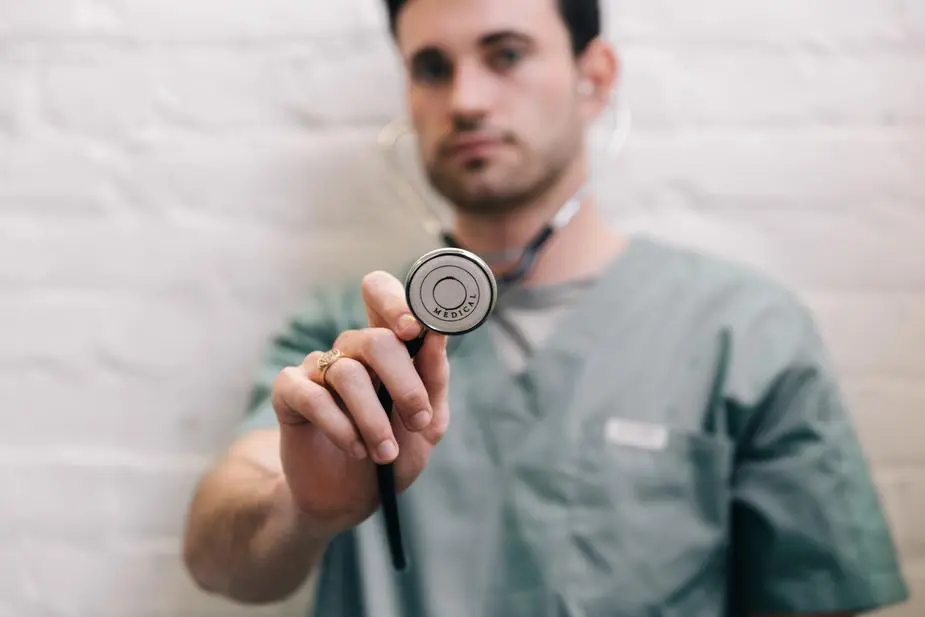Following on from last week’s blog on how to write a killer Personal Statement, today I want to talk about another important stage of the university application process: university open days. When deciding where to apply for further study, open days can be a great way to immerse yourself in a specific university environment. Visiting departments, speaking to current students, and getting a feel for the city can be a valuable way to work out whether it’s the right fit for you. To help you navigate university open days, I’m going to share with you 7 tips on how to make the most of these events!
1. Do your Research in Advance
Usually, universities will publish their open day programmes online in advance. It is definitely worthwhile spending some time to look through these thoroughly. They should give details of all talks, workshops, drop-ins etc. going on during the open day. Some universities might even ask you to book a place on these events in advance, so certainly check that out. To give you an idea of what these programmes offer, here is the provisional July 2019 open day timetable for LSE.
2. Get a Map
Along with the open day programme, most universities will have a city/campus map you can download. As some of the departments and buildings you’ll be visiting might not be on an online map app, it is worthwhile to download or print the map provided by the university.
3. Make a Plan
Now that you have your open day programme along with a map, it’s time to make a plan! Firstly, decide which talks and events you want to attend (don’t forget to book them if needs be). From there, look on the map at the locations of these events, and work out if they’re close to any other buildings or departments you want to visit. Check the opening times of departments as sometimes they might not be open for the entire day. If this is the case, plan around it. I know this sounds really simplistic, but it can be so easy to spend hours wandering aimlessly around a campus, and then realise when you turn up at a department that their open day events have just finished!
Travel and Accommodation
Within your plan, it’s a good idea to think about travel and accommodation and work these out in advance. If you’re driving to the open day, lots of universities suggest you use park and ride facilities so that you avoid getting stuck in busy city centres. If you’re travelling by a form of public transport, some universities offer a travel expenses reimbursement scheme. There will often be criteria in order to be eligible for this, but it’s worth knowing about if you’re travelling a long way and the transport fares are costly. If you’re visiting the upcoming University of Oxford open days (July 2019), take a look at the bottom of this page HERE for more details about travel expenses reimbursement.
If you’re travelling a long way for an open day, it might be worth booking accommodation so that you can stay the night before. Some universities offer open day accommodation in student rooms, which can give you a real taste of what living there will be like! This is something the University of Bath are offering – check it out HERE.
Free Food!
When adding lunch breaks or food stops into your plan, definitely keep an eye out for free food at open days! If you’re attending the University of Oxford open days, quite a few colleges offer a free lunch. For example, if you check out the Merton College open day timetable HERE, you can see that between 12:00 and 14:00 a free sandwich lunch is available. Score! Or if you visit St Peter’s College, Oxford, free ‘light refreshments’ (aka tea, coffee and CAKE) will be available throughout the open days.
4. Ask Questions
Open days are a great way to get your burning questions answered by current students and staff. If you can, have a think of these in advance; maybe note some questions down when you’re travelling to the open day. Don’t be scared to ask whatever you want to know! Here are some suggestions of questions to ask students:
- What’s it really like living in student halls?
- Are there many social events that take place in halls?
- How expensive is living in privately owned accommodation whilst at university?
- How is the university welfare support system?
- Is the university work load challenging?
- Are university lecturers/tutors approachable and helpful?
And here are some ideas of questions to ask staff/lecturers:
- How is this course assessed?
- Do all essays and exams count towards my final degree result?
- How many modules can I choose from?
- What do students typically go on to do after completing this degree?
- Do you have any advice for the application process and writing a personal statement?
5. Meet Up with Current Students
Do you know someone who is already studying at the university you’re visiting? Why not get in contact with them, and ask if you might be able to meet up and chat. They should be able to provide an honest review of how they’ve found their time at the uni! Or if you don’t fancy meeting face to face, you could always ask if they might be happy to answer a few questions over a message.
6. Reflect on University Open Days
Once you’ve visited a university, it’s a good idea to reflect on the open day experience. Make a note of your thoughts and feelings. This should make it easier for you to compare and contrast universities when it comes to deciding where to apply. You could even have a special notebook devoted to writing down your thoughts surrounding university applications. Here are some good questions to think about when reflecting on the open day:
- How comfortable did you feel when walking around the campus?
- Could you realistically see yourself fitting into that environment?
- How did you feel about the accommodation on offer?
- What were your thoughts on your course department?
- Did the course sound interesting/was there a good range of modules?
- How do these modules compare to what I am currently studying at school?
- How will I be assessed on this course? Do these assessment methods suit me?
- How did you find talking to current students and/or staff?
- Were there any extra-curricular activities or societies that caught your eye?
- Besides the university, is the location of interest for any other reasons?
7. What To Do if you can’t Attend
Firstly, don’t panic if you can’t attend a university open day! It is not a requirement that you must have visited a university before applying there! Many universities and departments will have multiple open day dates, so check whether one later in the year might be better. If that’s still no good, lots of universities state that you can arrange a visit at another time. Alternatively, prospective students are always welcome to get in touch with undergraduate admissions. For example, if you are thinking of applying to King’s College London, this page HERE provides details of how to get in touch if you have questions. (Look back at point no. 4 for suggestions of questions to ask!)
Hopefully my top tips will help you make the most of any upcoming university open days or visits. Remember, don’t be afraid to ask questions, and definitely keep an eye out for the free food! I’ll be back next week with part 3 of our university series, which will focus on responding to university offers as an IB student.
Read part 3 of our university series here!




